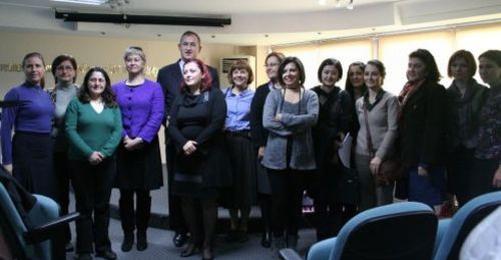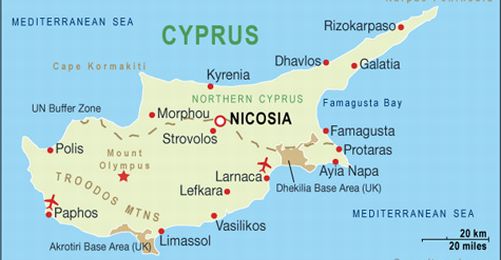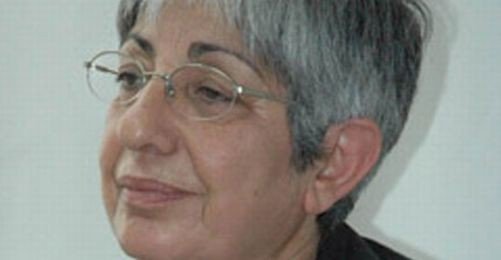Basic Education Up to the Charitable
As 10,565,000 elementary-school students and 3,039,000 middle-school students begin their three-month summer break, the chronic problems of the education system are put on hold until the next school semester.
The new elementary school syllabus to go into effect next semester, extending high-school education to four years, the reduction which the new Turkish Penal Code brings to the penalty for opening up illegal training institutions, schoolbooks, and the court decision to shut down Egitim-Sen were among major issues discussed during the past semester.
1 million children will spend the summer at Qoran classes
Egitim-Sen criticized the new elementary-school syllabus, which will go into effect next semester, saying it does not reflect Turkey's diversity.
The syllabus was criticized because of the "applied religion classes"
According to the Religious Affairs Presidency figures some 1,100,000 students attend Qoran classes during the summer. There was a 10 percent increase in the number of official Qoran courses opened under the ruling Justice and Development Party (AKP) government. The number of illegal courses is unknown.
"National Security and compulsory religion classes should be abolished"
The "Human Rights in Schoolbooks Project," by the History Foundation, Turkish Sciences Academy (TUBA) and Turkish Human Rights Foundation (TIHV) has been finalized.
As a result of the project, the three institutions made 22 proposals on the content of schoolbooks, syllabus and the schooling environment to the National Education Ministry. Among proposals were to abolish National Security courses, to change the negative sexual role imposed upon women, and to include human rights in the syllabus.
Abolishing the compulsory religion classes was also among their proposals.
Those who finance the building of a school get tax allowances
The government, which should be building schools with the taxes it collects, grants tax allowances to the charitably who finance the building of schools. The Elementary School and Education Law and the National Education Basic Law say that education is a basic right, and oversee that state schools offer free and compulsory based on equal-opportunity.
But it is up to the charitable to overcome the deficiencies of the education system.
The Justice and Development Party government launched the "100 Percent Support to Education" campaign on September 11, 2003.
With law No: 4842, the charitable were granted tax allowances for making contributions to education.
The newspaper's job: "Organizing the charitable activities"
Milliyet newspaper has recently launched an aid campaign called "Dad Send me to School."
The money that is being collected is mainly being used for the construction of schools, dormitories and classrooms and for granting scholarships to some 6,750 girls in 15 provinces in Southeastern Turkey.
Education is the state's main responsibility
The government allocates only 9.57 percent of its budget for education. "This amount is not enough to even meet the most basic needs of the education system," said Egitim-Sen head Alaaddin Dincer. "The basic needs of most schools are met through the money collected from parents for various reasons especially during registration."
Professor Ayse Bugra, one of the founders of the Social Policy Forum at Bogazici University, said the charitable can't solve the problem of poverty and overcome the lack of basic education services.
"Charitable activities create an unequal relationship and don't prevent the social exclusion of the poor," said Bugra. "To solve the problem, the state has to form social policies, and guarantee accessible and universal social services, the social security and social aid right of the children and their parents, and the education and health rights."
"Come on Girls, to School" is now countrywide campaign
The "Come on Girls, to School campaign by the United Nations Childrens Fund (UNICEF) and the National Education Ministry is being implemented in 53 provinces in 2005. The campaign aims at increasing the number of girls going to school and provide equality between boys and girls in education.
The campaign was initially launched in 10 provinces in southeastern Turkey in 2003. 113,000 girls began going to school through the campaign in two years.
There was a 5.8 percent increase in the number of girls who enrolled for school. A total of 40,000 children in 10 provinces enrolled. The highest number of enrollment was in the provinces of Siirt and Van. Twenty-three more provinces including Istanbul, Ankara, Izmir and Adana were included in the campaign in the second year. A total of 73,211 students from these provinces enrolled for 8-year elementary school.
Omer Balibey, the director of Istanbul Provincial National Education, said they aim to increase the number to 250,000 next year.
There still are hundreds of thousands of girls who don't go to school
According to National Education Ministry figures, there still are 566,789 girls at elementary-school age, who don't attend school. According to UNICEF, Turkey is one of the 12 countries that has not yet achieved equality between boys and girls when education is concerned. It is not likely to achieve this by 2015 either, according to UNICEF.
Ethiopia, India, Mongolia and Iraq are also among the 12 countries.
Some 1.4 million children, who are elementary-school age, don't go to school. 874,000 of them are girls.
Solution of the problems is postponed until next semester
Allaaddin Dincer said that the chronic problems in the education sector continued during the last semester.
Following are some figures by Dincer:
* Students are educated in double classrooms in 8,325 schools and in joint classrooms in 17,636 schools in Turkey. A total of 7 million students go to such schools.
* There are more than 4 million children at the age of receiving pre-school training of whom only 435,000 receive pre-school training.
* There are an average 50-60 students per classroom in big cities. There is need for 3,200 schools, 96,000 classrooms and 120,000 teachers to offer standard education in 30-student classrooms.
* Last year, 64,000 students got a "zero" in the University and High School exams. A total of 2,500,000 students will take those examinations this year.
The new semester will begin on September 12. (EU/EA/YE)
SOCIAL GENDER EQUALITY
Women and Journalists Hand in Hand against Violence

EUROPEAN COMMISSION AGAINST RACISM AND INTOLERANCE
Discrimination and Racism in Turkey Fuel Concern

Unionists in Northern Cyprus Protest PM Erdoğan

Policeman who Beat Juvenile Claimed Self-Protection

HRANT DINK MURDER
Court fully Protects Istanbul Police






